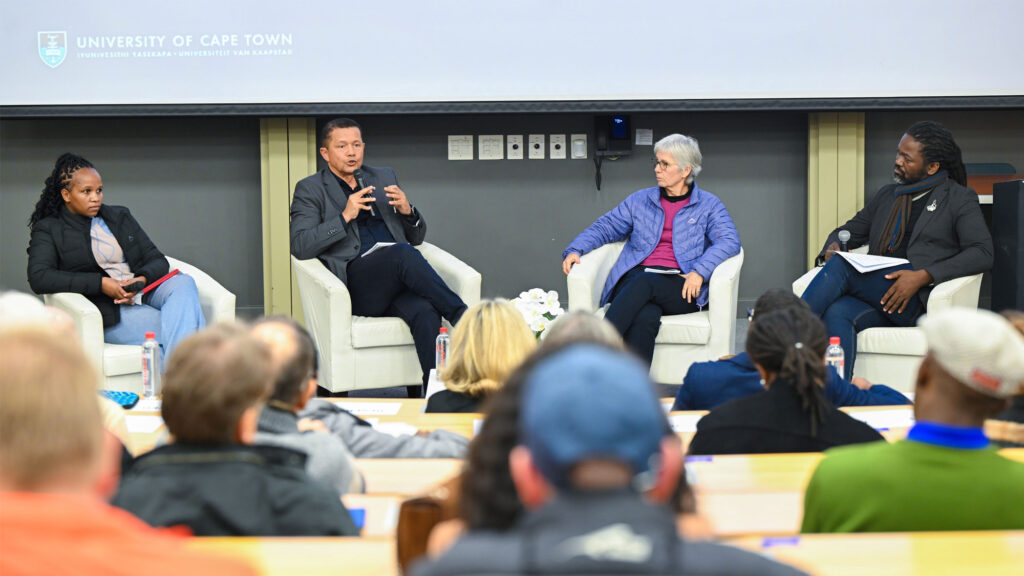South Africa Reimagines Health Systems to Promote Wellbeing

South Africa Rethinks Health Systems to Center Wellbeing Over Disease
In a powerful public dialogue hosted by the University of Cape Town (UCT), health leaders, researchers, and community advocates called for a complete transformation of South Africa’s health systems—one that prioritizes wellbeing over simply treating disease.
The second edition of Collective Conversations: On Science for Society gathered a diverse panel to explore how health systems can promote physical, mental, and social wellbeing throughout a person’s life.
A Shift from Disease-Centered to People-Centered Care
“Think of health as an intersection where many pathways come together,” said UCT Vice-Chancellor Prof. Mosa Moshabela in his opening remarks.
The COVID-19 pandemic exposed gaps in public health systems and emphasized the need for prevention, preparedness, and trust. Speakers highlighted how a reactive, hospital-centric model is no longer sufficient for the challenges facing modern South Africa.
“We need to move from focusing on disease to focusing on people,” said Dr. Keith Cloete, head of Health and Wellness for the Western Cape government.
Building Trust Through Inclusive Systems
A recurring theme in the event was trust—or the lack of it.
Prof. Lucy Gilson, founding head of UCT’s Health Policy and Systems Division, emphasized that health systems are more than just institutions:
“They’re social structures embedded in society. They help build public trust in government.”
Without trust, systems risk failing the people they aim to serve—especially when misinformation undermines science and leadership.
Community Voices Highlight Systemic Gaps
Civil society leader Amelia Mfiki, co-chair of the Western Cape Provincial Council on AIDS & TB, offered a sobering account of the public health system’s real-world failures:
“We know we have a right to quality healthcare. But what we see in our clinics and hospitals tells a different story.”
She described 12-hour queues, broken systems, and counselors forced to share rooms, undermining patient privacy and trust.
“We have growing burdens—mental health, diabetes, cancer. But our infrastructure isn’t keeping up.”
The Life Course Approach: A Holistic Vision
Dr. Cloete introduced the idea of a life course model, which sees health not just as the absence of disease but as a journey shaped by social, environmental, and economic contexts.
“We must look beyond the disease inside the body and consider the person’s full life and environment.”
He also criticized the vertical, single-disease approach backed by global funding mechanisms like PEPFAR, which, while effective for HIV, may weaken holistic care models.
From Discussion to Action
Audience members voiced frustration at cyclical conversations that rarely lead to systemic change, especially when compared to the swift mobilization seen during the COVID-19 crisis.
Concerns were also raised about:
-
Persistent underfunding
-
LGBTQIA+ healthcare disparities
-
Infrastructure gaps
-
Tokenism in community engagement
Call to Collaborate Across Sectors
In closing, Prof. Gilson called for a multisectoral response to health challenges:
“Solving these issues means working with communities, civil society, the private sector, and across government departments. Health is not isolated—it’s woven into the fabric of society.”
Source: University of Cape Town
: 276







